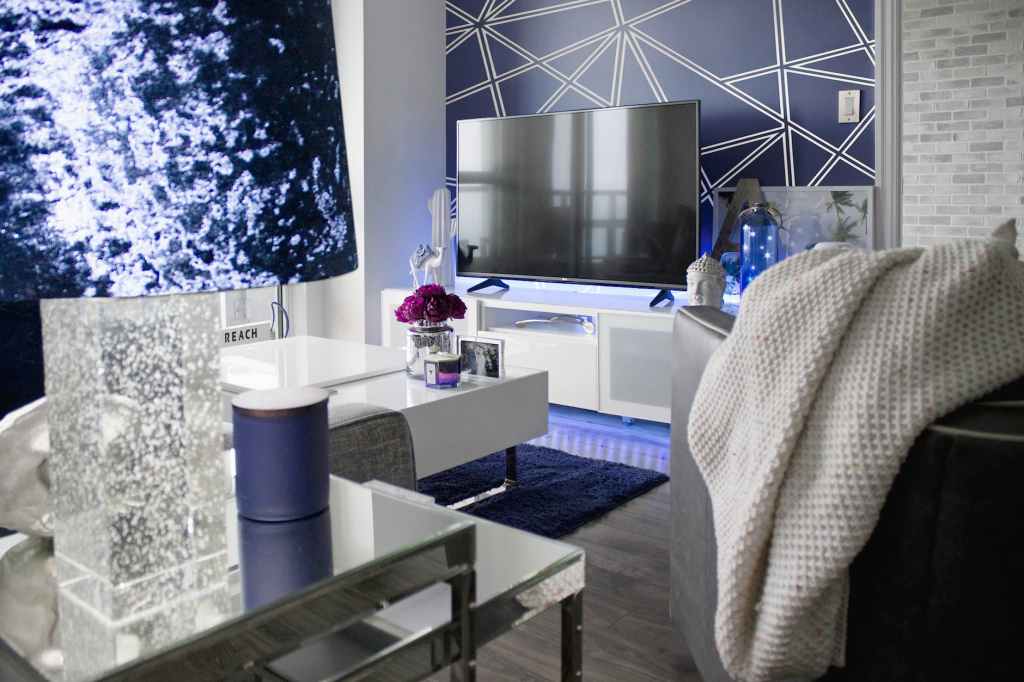Smart homes have become increasingly popular in recent years, offering homeowners convenience, efficiency, and enhanced security. However, as with any new technology, there are both positive and negative aspects to consider. So, is a smart home a good or bad idea? Let’s take a closer look.
One of the main advantages of a smart home is the convenience it brings. With just a few taps on your smartphone or through voice commands, you can control various aspects of your home, including lighting, heating, security systems, and even kitchen appliances. This level of automation can save time and make everyday tasks easier and more efficient.
Moreover, smart homes offer improved energy efficiency. By utilizing sensors and timers, smart devices can optimize energy usage, reducing wastage and ultimately saving you money on utility bills. For example, a smart thermostat can learn your habits and adjust the temperature accordingly, ensuring comfort while minimizing energy consumption. This feature is not only environmentally friendly but also cost-effective in the long run.
In terms of security, smart homes can be a great asset. Smart security systems, such as surveillance cameras and doorbell cameras, provide homeowners with real-time monitoring and the ability to remotely control and secure their homes. This added layer of protection and peace of mind is especially beneficial for those who frequently travel or have busy lifestyles.
However, there are some potential downsides to consider. One of the main concerns with smart homes is privacy and data security. As technology advances, the collection and use of personal data become more prevalent. Smart devices constantly gather information about users’ habits, preferences, and even their physical location, raising concerns about who has access to this data and how it is used. It is crucial for homeowners to understand the privacy policies and security measures implemented by the manufacturers and service providers before investing in smart home devices.
Another drawback is the reliance on technology. If your smart home system malfunctions or experiences technical difficulties, you may find yourself unable to control essential aspects of your home until the issues are resolved. Additionally, the cost of implementing a smart home can be significant, especially if you opt for high-end, top-of-the-line devices. It is important to carefully consider your budget and prioritize the features that are most valuable to you.
Ultimately, whether a smart home is good or bad depends on individual circumstances and preferences. For tech-savvy individuals who value convenience and are willing to invest in the latest technology, a smart home can be a game-changer. However, for those concerned about privacy and data security or who prefer more traditional methods of controlling their homes, a smart home may not be the best fit.
Before making a decision, it is recommended to thoroughly research and weigh the pros and cons of a smart home. Consider consulting with professionals in the field who can provide insights and guidance based on your specific needs and concerns. A well-informed decision will ensure that you make the right choice for yourself and your home.
